AARP Hearing Center

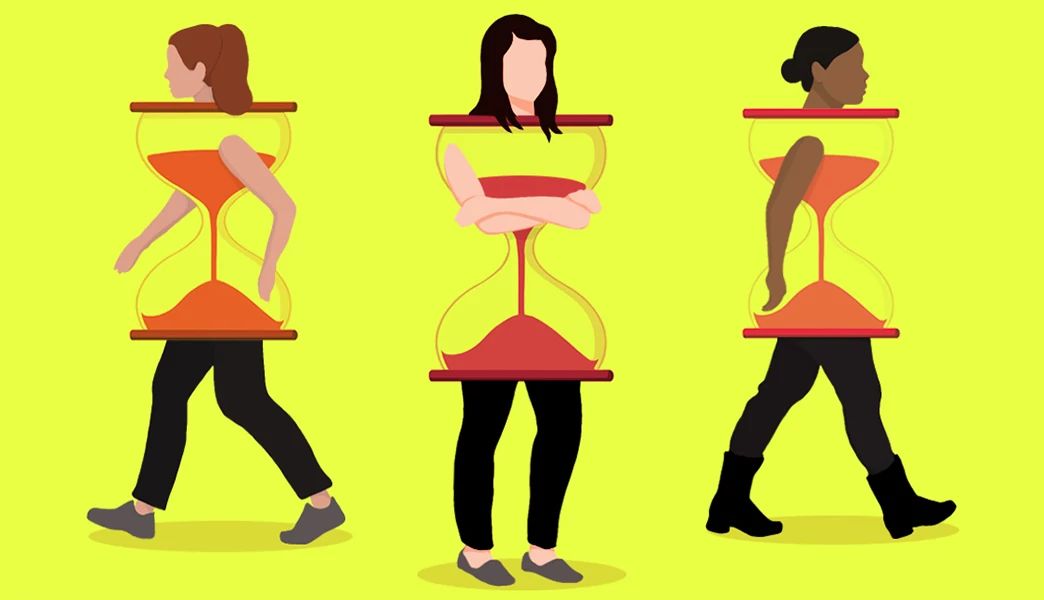
Menopause is not getting the attention it deserves from the general public or the medical community, according to findings from a new AARP survey — this despite the fact that more than half of women over the age of 18 report being in some phase of it.
The new report, titled Mirror/Mirror: AARP Survey of Women’s Reflections on Beauty, Age, and Media, highlights gaps in menopause awareness and reveals how women cope with the years-long transition that can disrupt sleep, sex, mental health and more.
The survey of 4,436 women aged 18 and older finds, for example, that nearly 70 percent of adult women say there’s a need for menopause education among the public and that women’s health, in general, isn’t studied enough. Sixty-four percent of women 18 and older say we need more doctors who specialize in menopause.
Many women (32 percent) say they lack important knowledge about menopause, and just half of women in perimenopause, menopause, or post-menopause have consulted a health professional for help with issues related to menopause, the report finds. What’s more, less than half of women in these phases of menopause (41 percent) have turned to medical treatments, such as hormone therapy, to relieve their symptoms.
Sarah Kerman, a senior research manager at AARP, says the findings also reveal that for many women, perimenopause — which typically starts in the mid-to-late 40s and can last between two to eight years — is especially disruptive. “Women are beginning or amid experiencing changes and symptoms that can be very challenging to navigate — especially considering support is lacking through this transition,” Kerman says. In AARP’s survey, 61 percent of women in perimenopause say menopause deserves more attention from society at large.



































































)
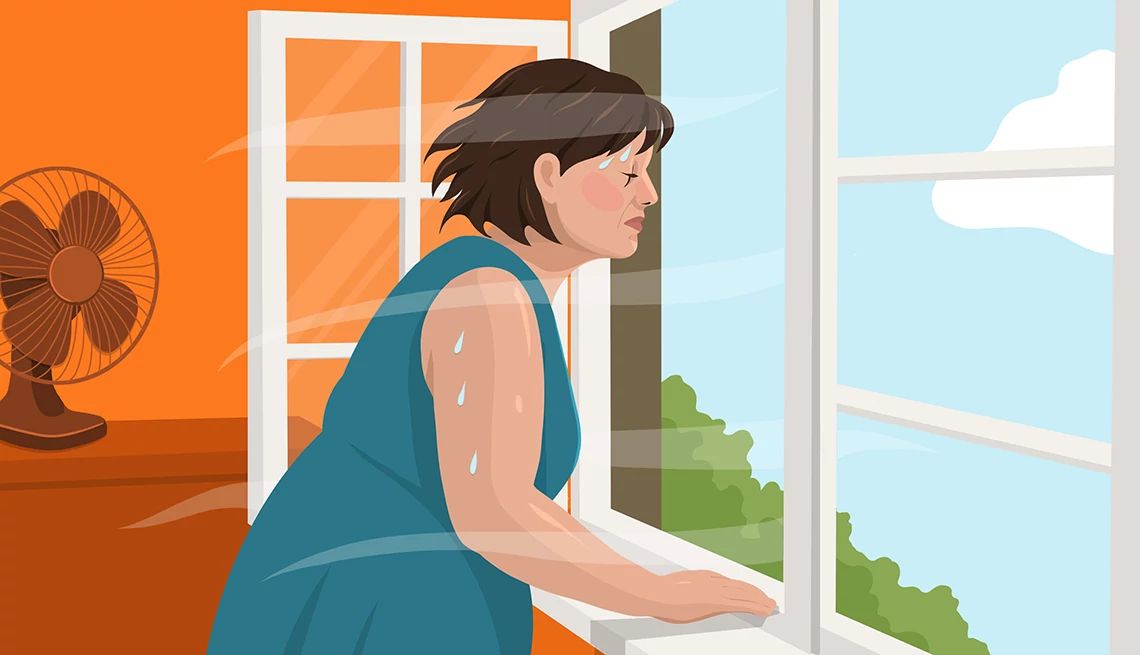


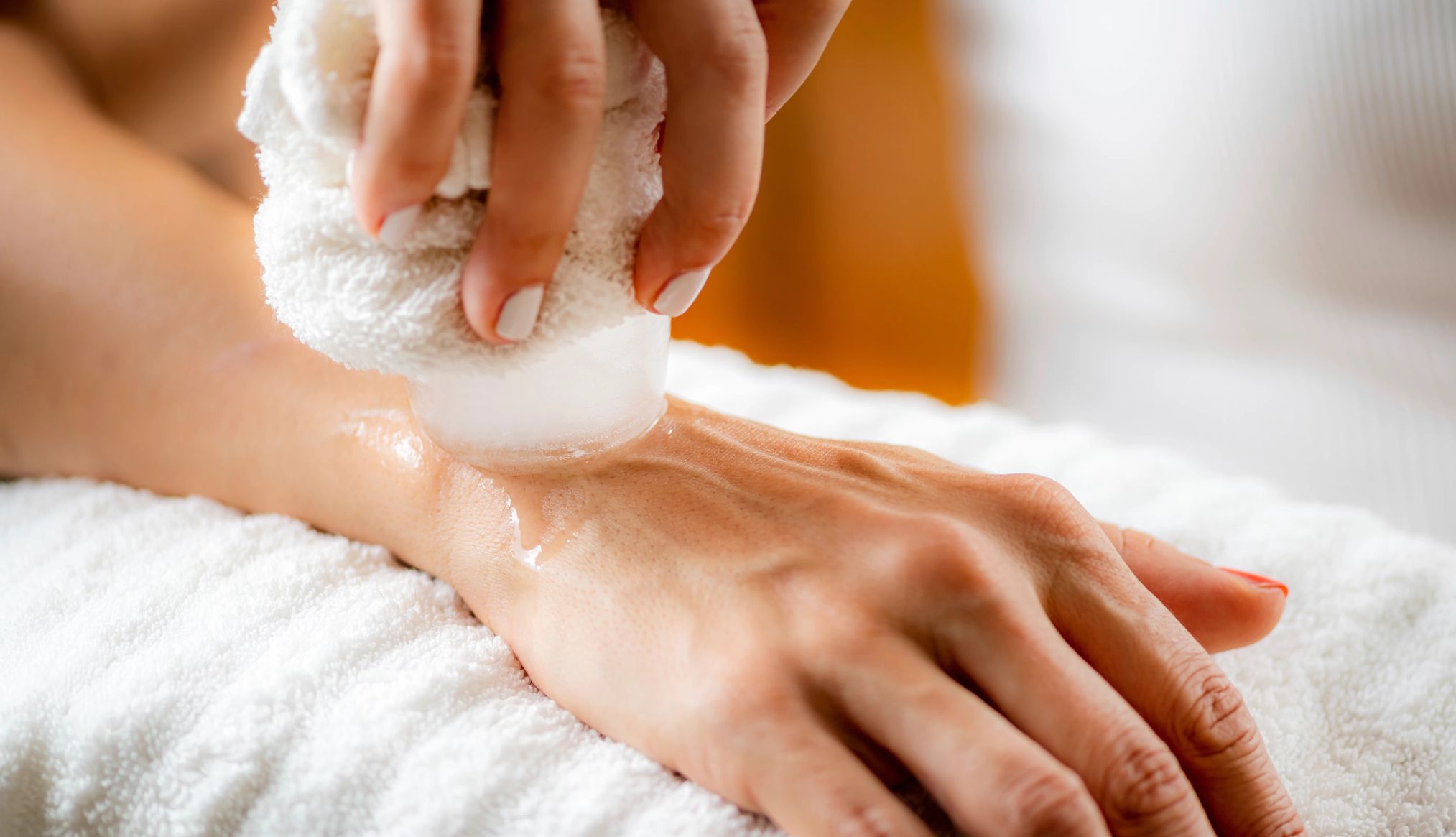


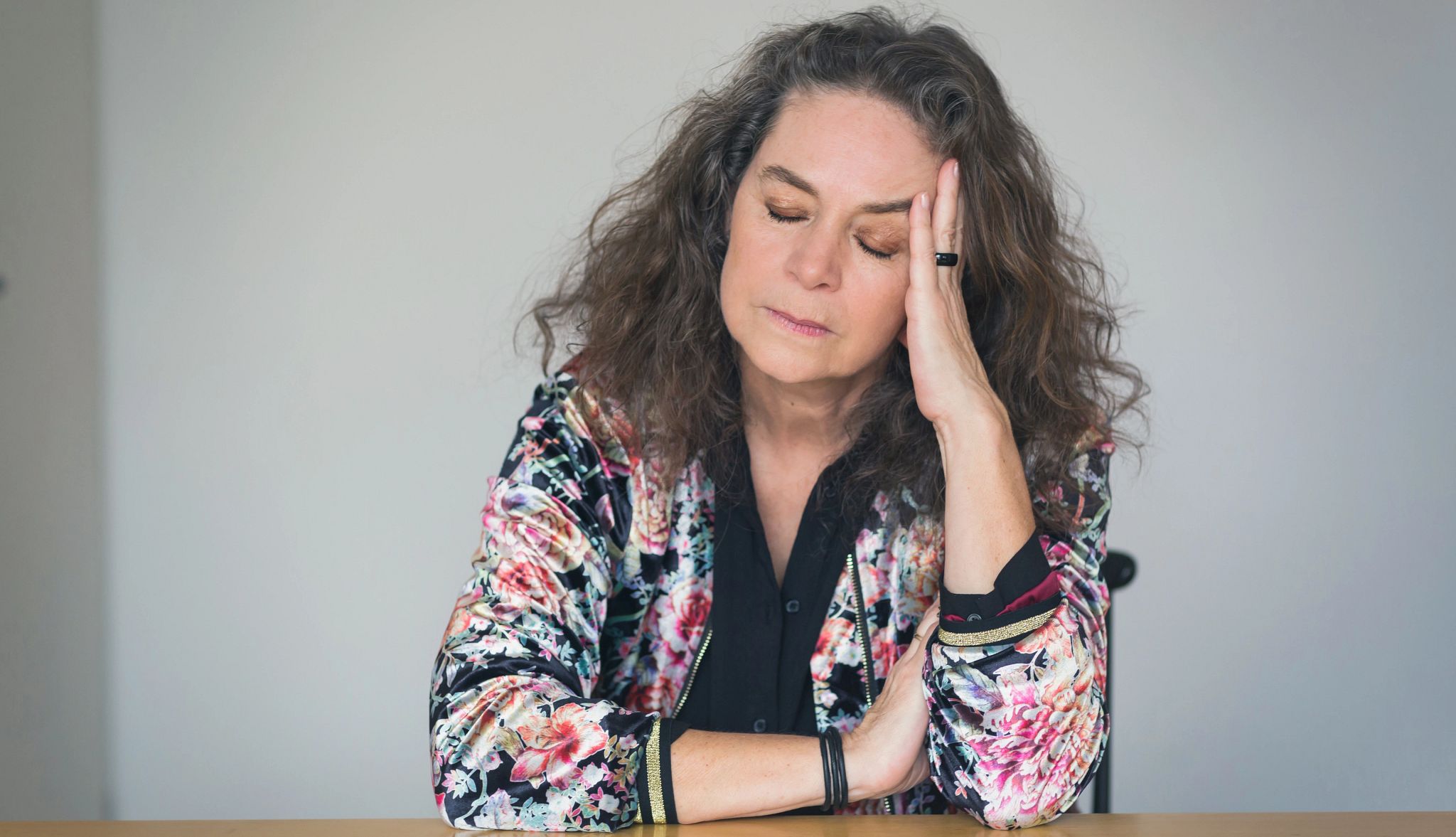


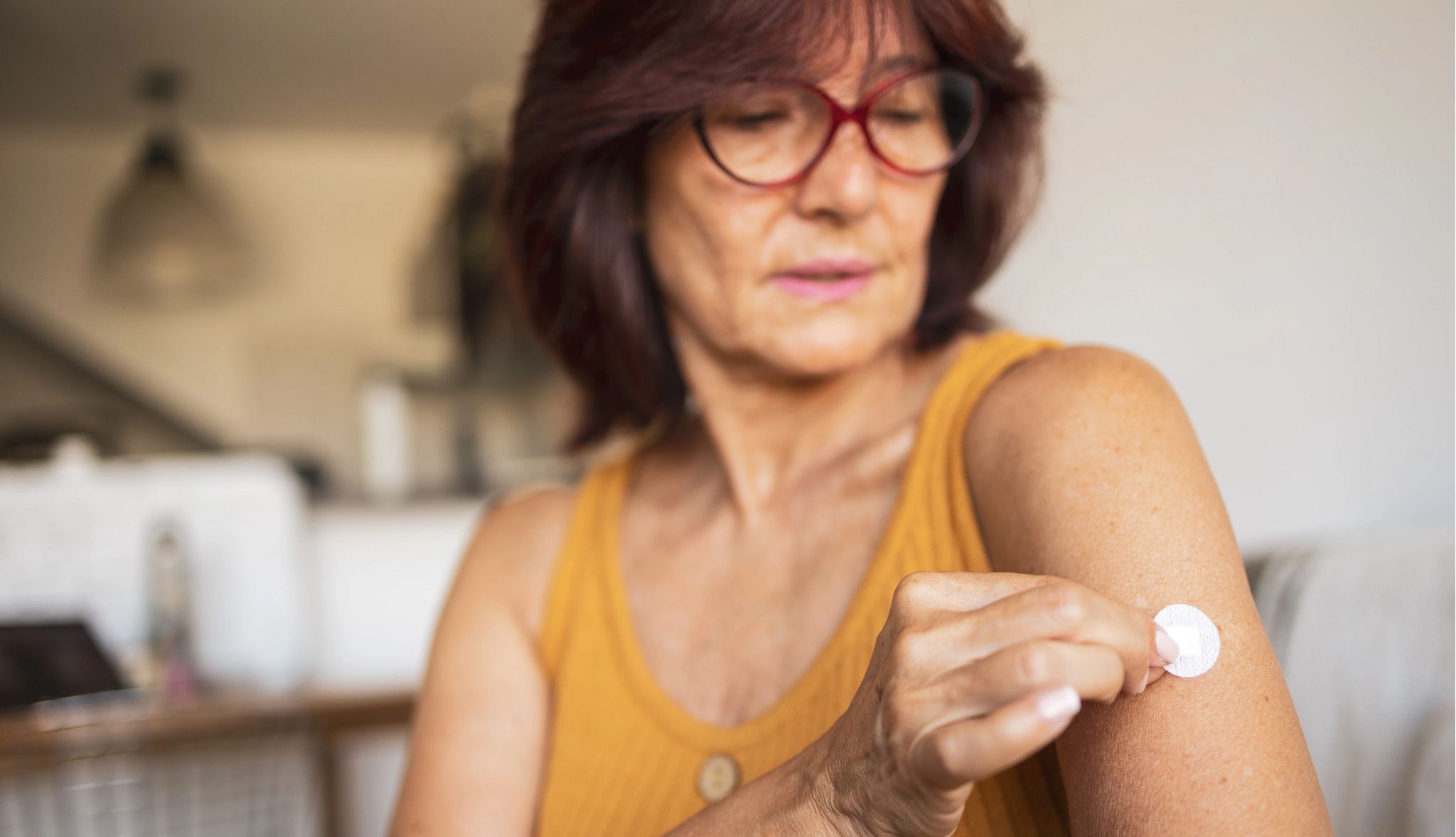
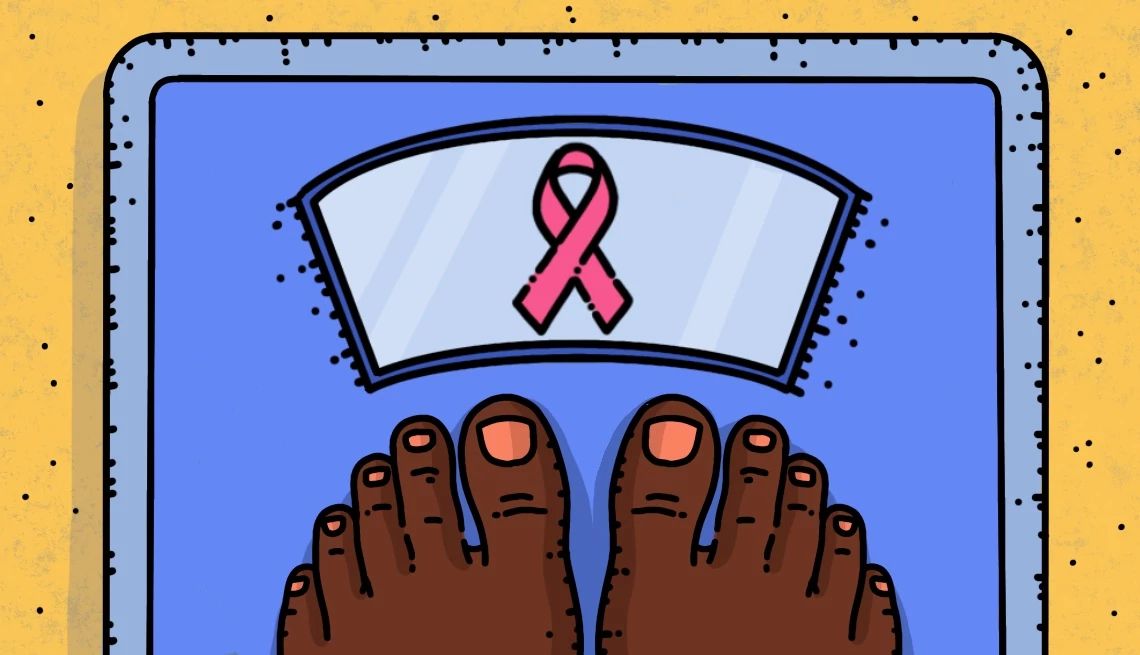






More From AARP
Menopause in the Workplace Has an Economic Impact
Globally, worker productivity losses due to menopausal symptoms are estimated to be $150 billion, and related health care costs are estimated to be more than $600 billion.
How Menopause Messes With Your Brain
Research builds on how menopause affects brain health
When Should I Get a Test for Bone Strength?
It's crucial that we detect weakening bones early, because fractures in older people can often lead to a cascade of health problems — and the risks of complications increase with age.